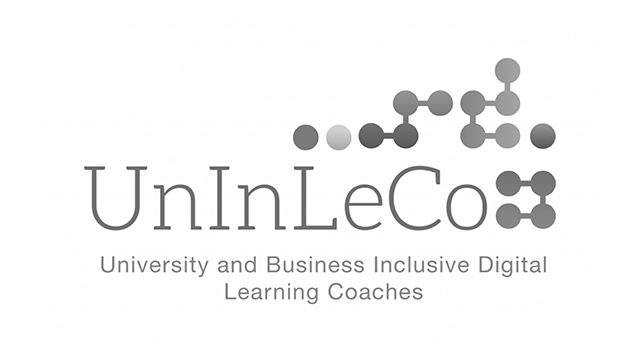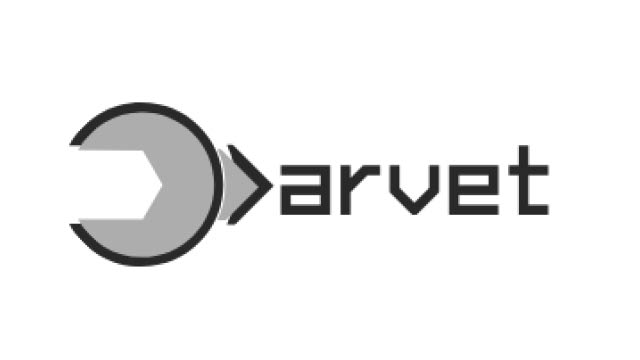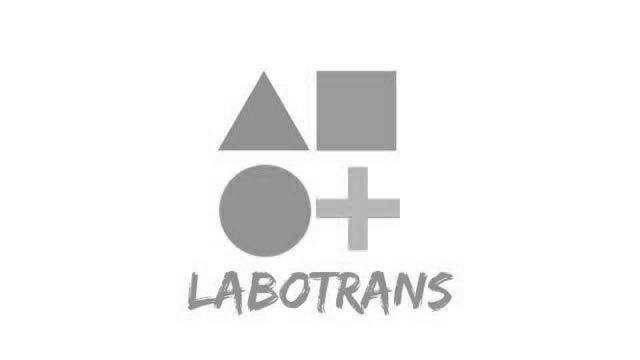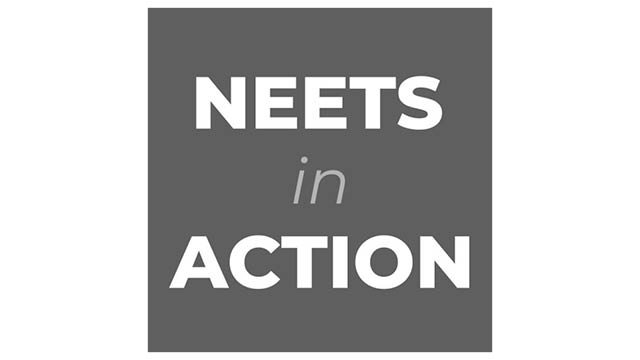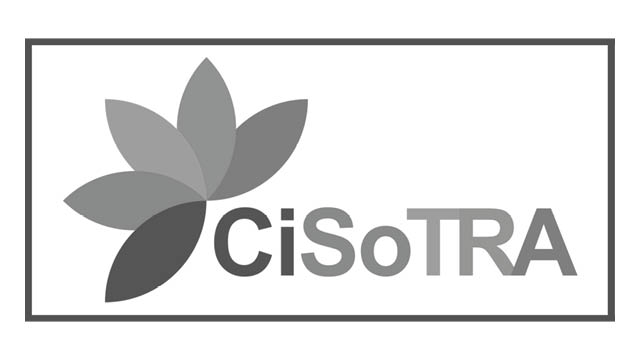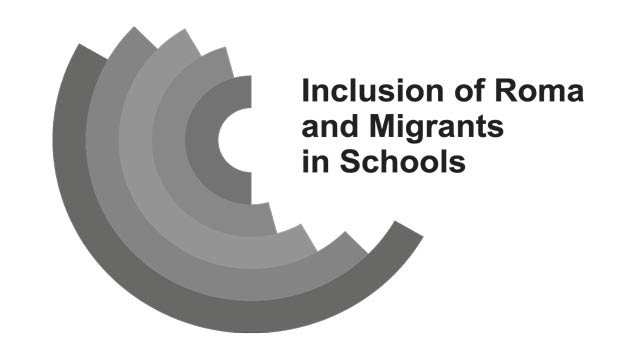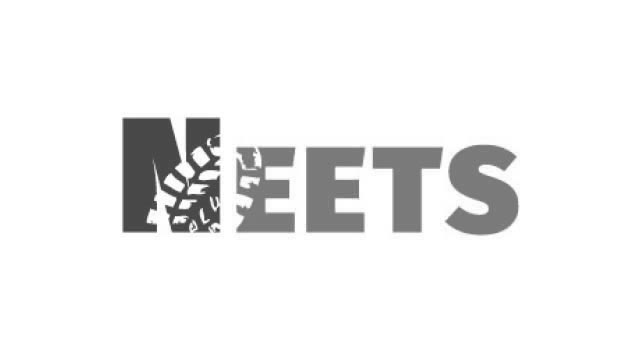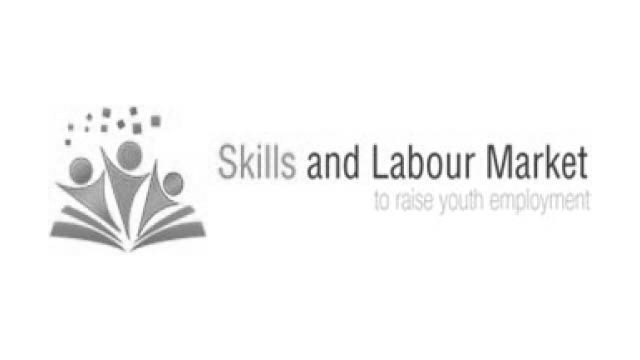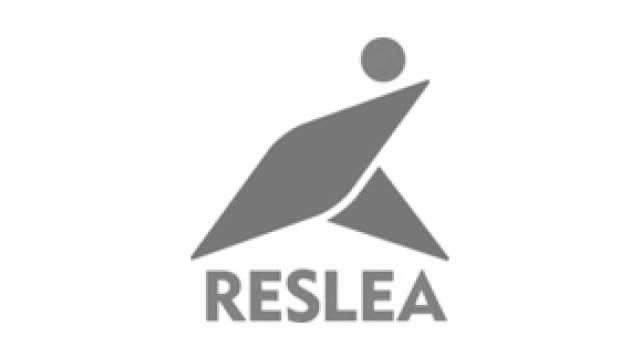Projects
We develop, accompany and evaluate innovative projects. Since 1990, in addition to programme support, accompanying scientific research, quality-assuring process support within the project team and external evaluation studies , we have formulated more than 60 project ideas that are eligible for funding and supported them with action research.
ISOB is committed to diversity and equal opportunities in Europe. With our projects, we help disadvantaged groups, especially people with a migration background and refugee experience as well as individuals with physical and mental impairments. Gender equality is also an important concern for us.
Diversity
Das Erasmus+ Projekt PaViVET richtet sich an Organisationen mit Lernenden mit besonderen Bedürfnissen, insbesondere Menschen mit körperlichen, geistigen und seelischen Behinderungen.
The Covid 19 pandemic has shown that schools and civil society organisations lack access to digital learning materials. The UnInLeCo project is aimed at universities, companies and civil society organisations to support disadvantaged groups in society in the training of basic digital skills.
Learners with disabilities need adapted and clear instructions to improve their work skills. Virtual and augmented reality offers completely new possibilities for this. The project is developing a model system of instruction at work and learning places with the help of augmented reality. Learners with disabilities need adapted and clear instructions to improve their work skills. Virtual and augmented reality offers completely new possibilities for this. The project is developing a model system of instruction at work and learning places with the help of augmented reality.
We have developed an innovative online methods course for graduates with disabilities that helps them to acquire the necessary social skills and find a job in their desired field of work.
A high proportion of young people who are not in education, employment, training or employment ("NEET") is a noticeable social problem, especially in Southern Europe. We have developed a model for the coordination of effective social inclusion measures that is suitable for designing regional action programmes for the integration of NEETs.
Underage, unaccompanied refugees face difficult challenges on the threshold of adulthood. Protection as minors ends. They risk falling into gaps in institutional support that overwhelm them and jeopardise integration. The project has developed a system of regional transition management, policy recommendations and a learning programme for actors in the system. The system is suitable for reflection and improvement of the existing mechanisms of transition by the actors.
Many European countries are shaped by migration. However, most education systems and the training of teachers are still strongly oriented towards the culture and expectations of the traditional majority society. This leads to the exclusion of growing parts of the youth from educational opportunities and a reduction of the skilled labour potential in an increasingly ageing society. The project has developed recommendations and learning materials to support a transcultural perspective of those working in the education system.
The high proportion of young people who are Not in Education, Employment, Training (NEET) is a major social problem, especially in southern European countries. The project has designed a model on how schools can identify the risk potential of young people becoming NEET and intervene early, in a targeted and individualised way.
The social sector is an important, but often under-utilised training and employment opportunity for young people. The project has shown how schools, training providers and social enterprises can better work together and create practical training pathways for young people in this sector.
Reduction of Early School Leaving of Young People (RESLEA)
02/2012 – 01/2014
Early school leaving is a major social problem in many European countries. The project has developed a methodology to identify students at high risk of dropping out. Measures for early intervention are described and recommendations for organisational development of schools are given.
New Skills for Women (NSforWomen)
11/2010 – 10/2012
Women after the family phase are often faced with the challenge of having to update their professional and interdisciplinary competences. The project has developed a compact online learning programme and a concept for a serious game in this field.

